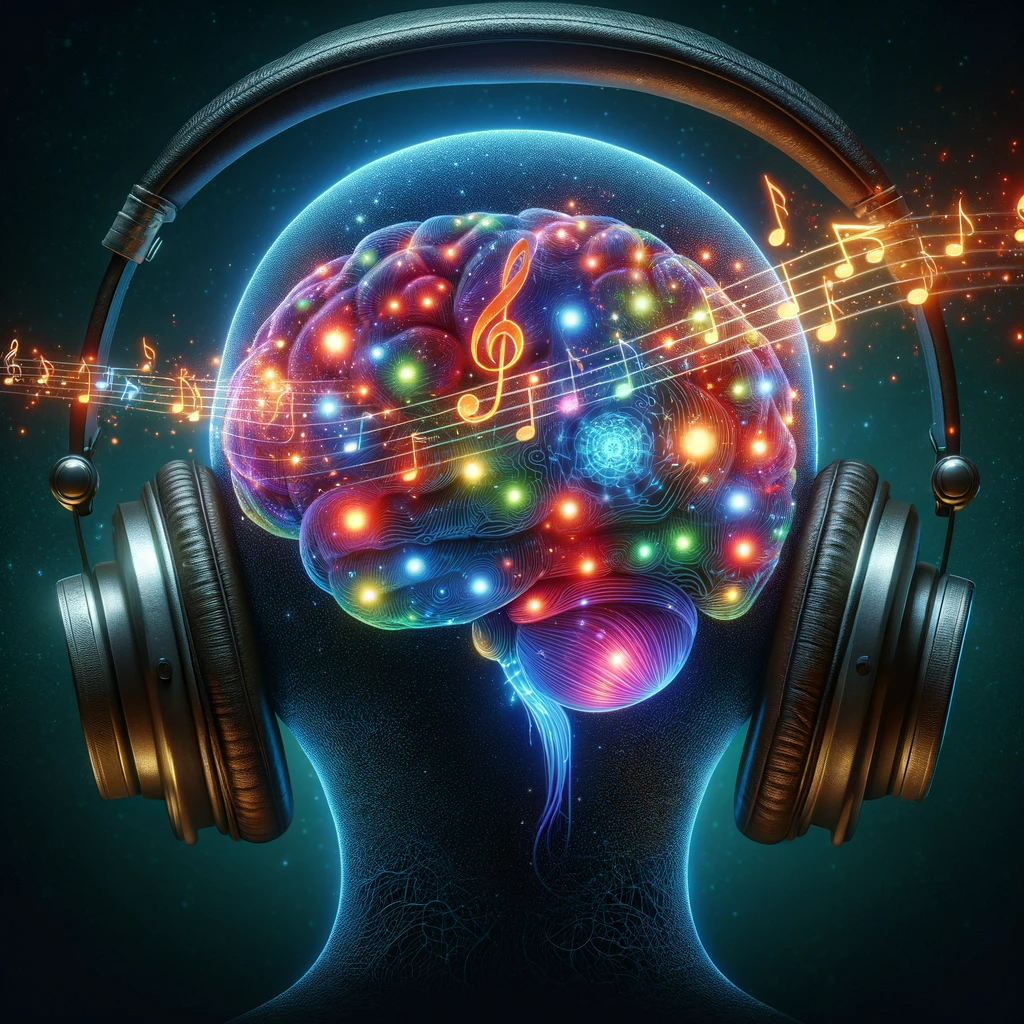Music therapy, an established therapeutic approach, has garnered attention for its unique benefits in the rehabilitation of patients recovering from mild Traumatic Brain Injury (mTBI) and Post-Concussion Syndrome (PCS). This holistic treatment modality offers more than just relief; it facilitates a multi-dimensional healing process addressing cognitive, emotional, and physical aspects of recovery.
Cognitive Enhancement Through Melody and Rhythm
Cognitive deficits post-mTBI can be profound, affecting memory, attention, and executive functioning. Music therapy engages the brain in a manner that traditional therapies may not. Learning a new instrument, for example, can activate neural pathways involved in memory and learning, fostering cognitive resilience. Rhythmic exercises, integral to music therapy, have been shown to improve attention span and executive functions by requiring the brain to process multiple stimuli simultaneously, thereby enhancing neuroplasticity.
Emotional Equilibrium and the Power of Harmony
The emotional toll of mTBI and PCS can be as challenging as the physical injuries. Music therapy offers an outlet for expression and emotional processing, crucial for psychological recovery. The act of engaging with music—whether through listening, singing, or playing an instrument—can have a cathartic effect, reducing feelings of anxiety and depression. It promotes the release of endorphins, providing a natural boost to mood and overall sense of well-being.
Physical Recovery in Sync with Sound
Physical symptoms of mTBI, such as balance issues and coordination difficulties, can significantly impact daily functioning. Music therapy uses rhythm and melody to enhance physical rehabilitation efforts. The rhythmic aspect of music supports motor control and coordination, helping patients improve their physical abilities. Activities like synchronized drumming or movement to music can enhance motor skills, while the structured nature of music provides a temporal framework that supports the relearning of physical skills.
Building Social Connections Through Shared Musical Experiences
Recovery from mTBI or PCS can be a lonely journey, making social support a crucial component of the healing process. Music therapy often involves group sessions, where patients can connect with others through shared musical experiences. These sessions not only provide emotional support but also encourage the development of social skills that may have been impacted by the injury. The group dynamic fosters a sense of community and belonging, essential for emotional and psychological healing.
The Role of Technology in Accessing Music Therapy
Advancements in technology have made music therapy more accessible to individuals recovering from mTBI and PCS. Apps and online platforms offer resources for symptom tracking, cognitive exercises, and even virtual music therapy sessions. This accessibility ensures that patients can incorporate music therapy into their recovery process, regardless of their location or mobility limitations.
Conclusion
Music therapy presents a comprehensive approach to the rehabilitation of mTBI and PCS, offering benefits that span cognitive, emotional, and physical recovery domains. By engaging with music, patients can find a unique pathway to healing, one that not only addresses the symptoms of their condition but also enhances their overall quality of life. As research into the benefits of music therapy continues to grow, it holds the promise of becoming a cornerstone in the recovery process for individuals affected by mTBI and PCS, harmonizing the journey back to health and well-being.

